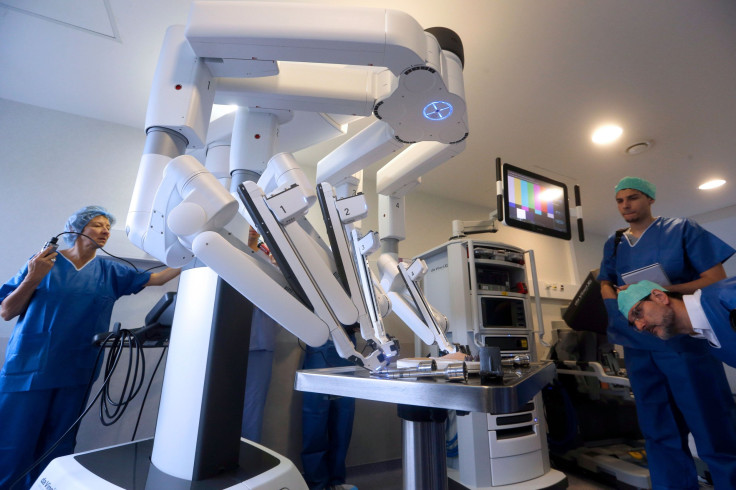Could Doctors Be Replaced By Artificial Intelligence? What A Google Executive Said About AI

Researchers and data scientists last week unveiled new uses for Artificial Intelligence (AI) at New York University's Langone Health Tech Conference but said that it would be a long time before AI robots and technologies could replace a skilled physician.
Phillip Nelson, director of engineering at Google Research said that the new AI would not replace the need for human doctors. "People talk about 'AI is going to eliminate doctor's work.' Not at all. We're going to drive demand for doctors," he said.
The conference discussed how AI can assist doctors in identifying whether an individual has a certain illness or disorder.
AI, for example, can assess whether someone has Post Traumatic Stress Disorder (PTSD) by analyzing their voice patterns. PTSD occurs when someone has trouble from recovering from a traumatic event, such as war and is common among U.S. military veterans. As of now, PTSD is generally diagnosed by the means of self-assessment or clinical interviews.
This AI technology used to identify PTSD was developed by the means of the "random forest" statistical and machine learning tool which allows AI to learn how to classify individuals based on learned examples, such as past interviews with army veterans afflicted with PTSD, mathematics and decision making rules.
AI can also reveal whether the patient has diabetic retinopathy, which can cause blindness.
Nelson said that AI can screen patients so they can know in advance whether they need to see a doctor or not.
"If I'm going to a village in Thailand and India screening people, they don't want to just know if they have diabetic retinopathy. They want to know if they need to see a doctor," he said.
AI will ultimately be able to make the process of going to a human doctor more efficient by screening patients for possible illnesses ahead of their appointment.
© Copyright IBTimes 2025. All rights reserved.





















